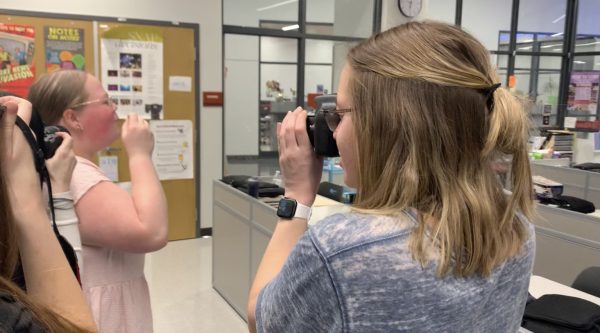COVID-19 impacts Spanish teacher
Selfie! Spanish teacher Jamie Bergstein snaps a selfie. She is feeling a lot better now after her Coronavirus experience.
October 13, 2020
In the second week of August, Spanish teacher Jamie Bergstein and her husband started to have consistent headaches, which turned out to be COVID-19.
“We thought that we had sinus infections since we both have seasonal allergies. His doctor asked him to get tested for the virus to protect him from any possible chances of having an asthma flare up (which he can have if he gets very sick),” Bergstein said.
According to the New York Times, COVID-19 has affected over 7 million Americans and the U.S., and has killed over 200,000. Many people may not think it is a big deal, but it can get way worse than it sounds.
“Four days after he got tested, the result came back positive. Since I had similar symptoms, we were told to quarantine for 14 days after our symptoms had stopped. Luckily at first, we only had mild symptoms and at the time, being around each other constantly was more difficult than the virus,” Bergstein said.
COVID-19 can cause what doctors call a respiratory tract infection. It also affects the immune system, and different organs in it.
“Two weeks after I felt better, which was the first week of school, I had sudden, intense pain in my left abdomen. After two hours of it, I fell over and had to call 911. The virus had caused my spleen to enlarge because the spleen is part of the immune system. Even a light bump against an enlarged spleen can cause it to bruise and start bleeding internally. My pain was from a hemorrhaging spleen,” Bergstein said.
Spanish teacher Dane Leone took over Bergstein’s classes while she was in the hospital.
“It was pretty much the worst pain that I have ever had in my life. I had to be in the hospital for four days and I had to get two blood transfusions. I was in the ICU for a day, which has never happened to me,” Bergstein said.
Bergstein has some advice for anyone who might contract COVID-19.
“If I had to tell people any advice from my experience, it would be to not assume that the virus isn’t able to make you very sick. If you do get the virus, stay alert for several weeks after you feel better because you might not know just how much it has damaged you internally,” Bergstein said.
Her students and coworkers are very glad she is doing better.
“I am so grateful to all the doctors, nurses and other health professionals who helped me get better. It was a very scary experience,” Bergstein said.

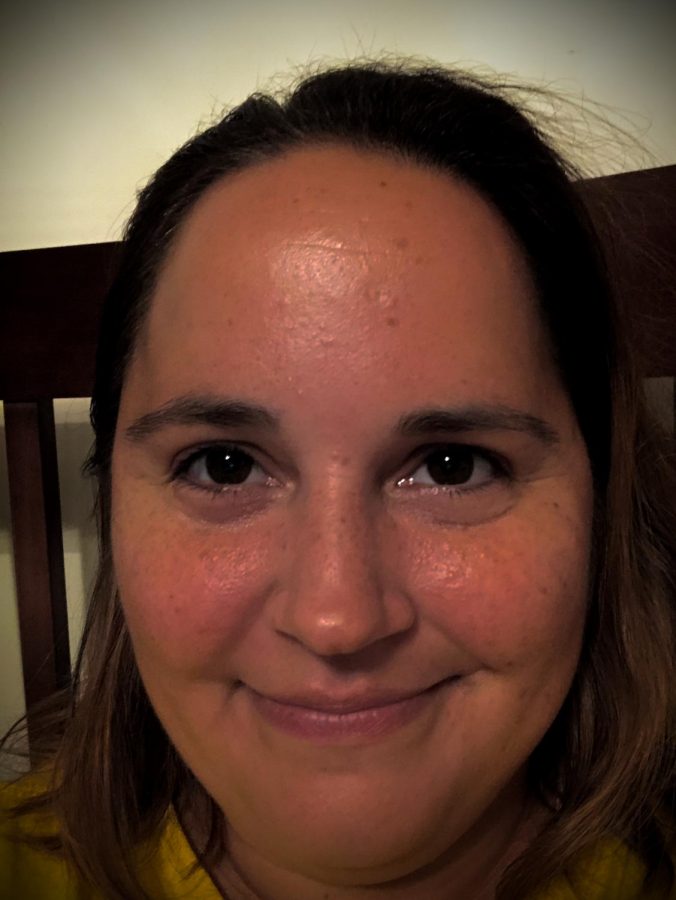
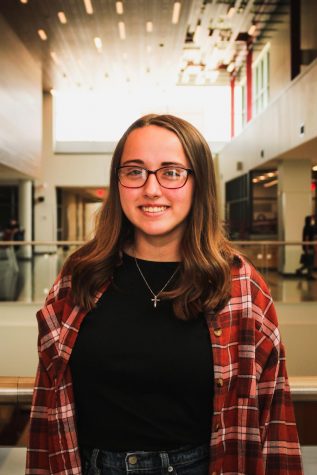
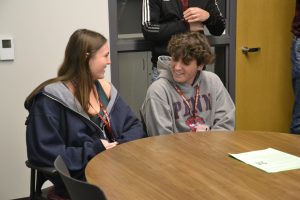

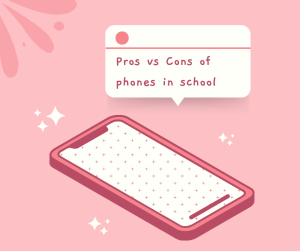

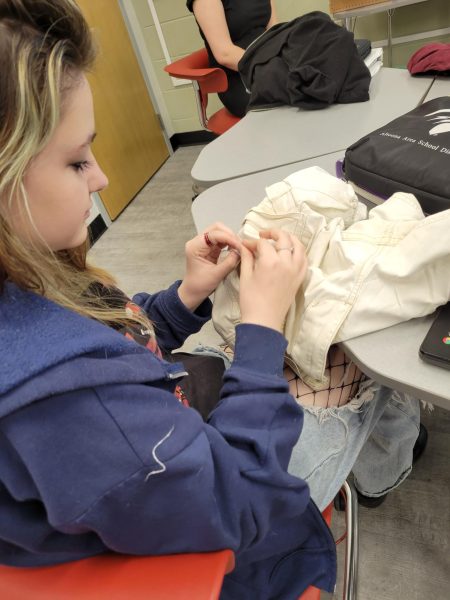
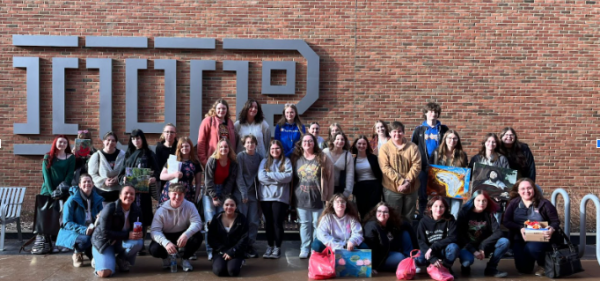
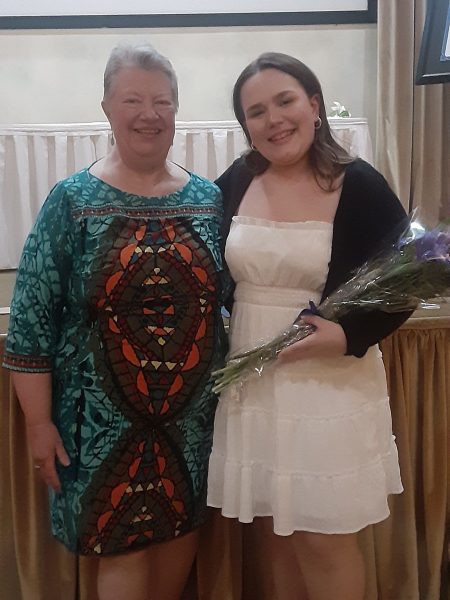
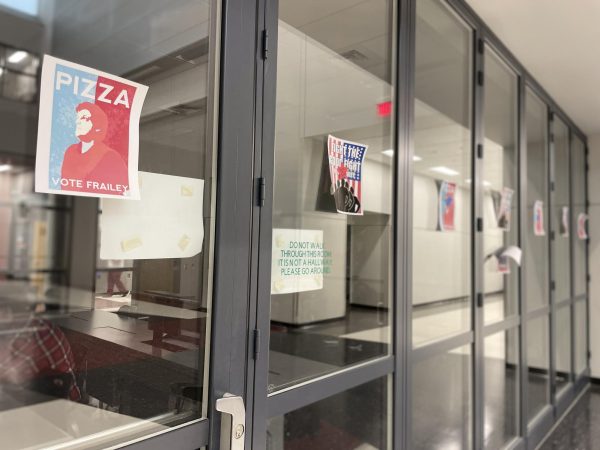
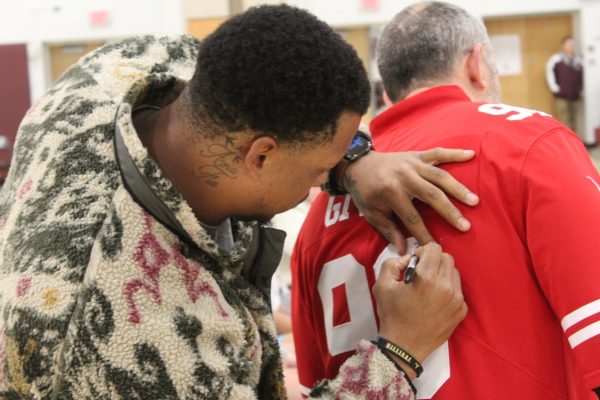
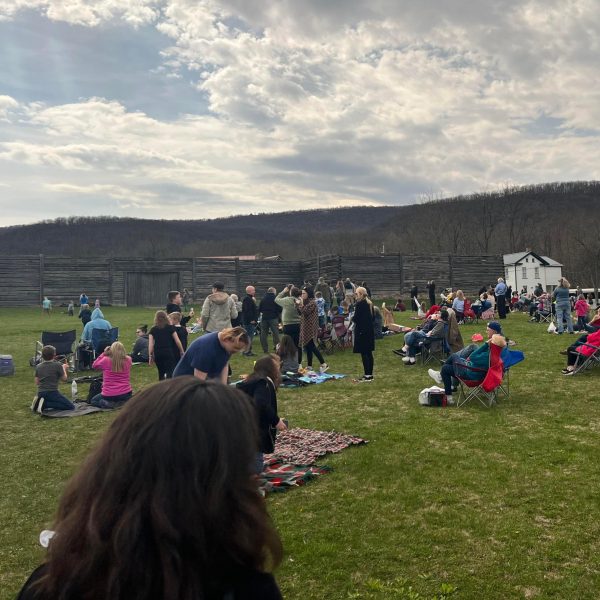

![Dedicated. Teachers who live far away commute for at least an hour to work each day. [Made with Canva]](https://aahsmountainecho.com/wp-content/uploads/2024/04/teacher-commute-picture-424x600.png)
